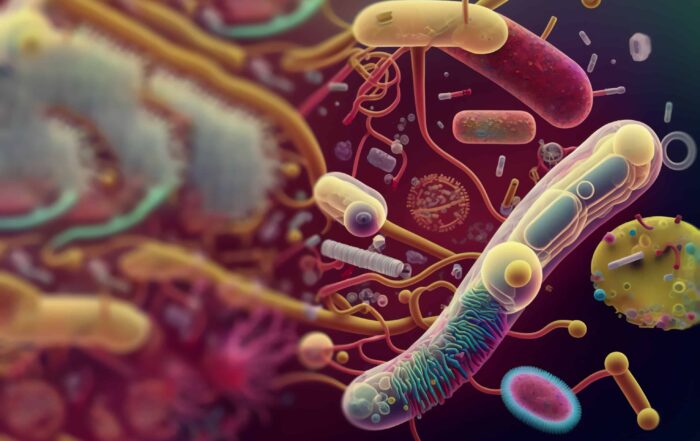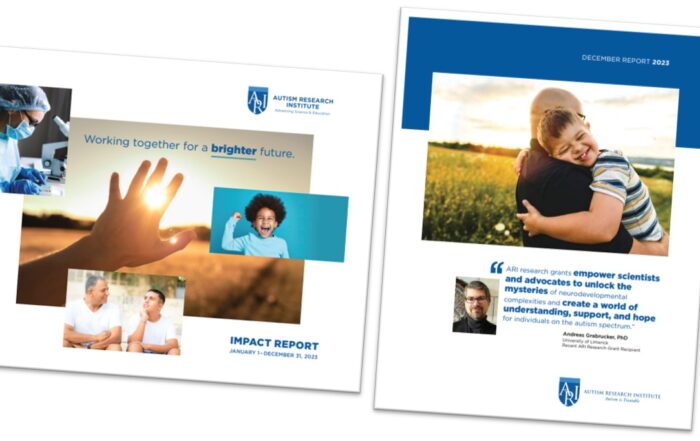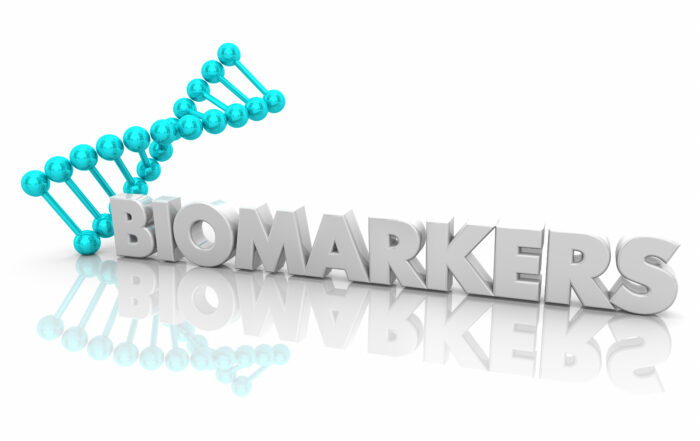A new study suggests that sleep problems in children with autism spectrum disorders (ASD) may frequently stem from a condition known as restless leg syndrome (RLS).
Restless leg syndrome causes unpleasant sensations in the legs that lead to an overwhelming urge to move them. The symptoms are strongest in late afternoon and at night, and are most severe when people are resting.

A new study suggests that sleep problems in children with autism spectrum disorders (ASD) may frequently stem from a condition known as restless leg syndrome (RLS). Restless leg syndrome causes unpleasant sensations in the legs that lead to an overwhelming urge to move them. The symptoms are strongest in late afternoon and at night, and are most severe when people are resting. any symptoms involving the legs highly correlated with the diagnosis of RLS.” The researchers add that nearly all of the children responded positively to treatment. Interventions included iron supplementation (given to 25 children, with 23 improving), the anticonvulsant gabapentin (given to 12 children, all of whom improved), or combination therapy (given to 3 children, all of whom improved). They conclude, “Initial assessment [of sleep problems in individuals with ASD] should include a thorough query of behaviors related to nocturnal motor complaints, because RLS may be a treatable cause of sleep disruption.”
—
“Rethinking bedtime resistance in children with autism: is restless legs syndrome to blame?”, Michelle L. Kanney, Jeffrey S. Durmer, Lynn Marie Trotti, and Roberta Leu, Journal of Clinical Sleep Medicine, August 17, 2020 (online). Address: Michelle Kanney, Emory University School of Medicine and Children’s Healthcare of Atlanta Egleston Campus, Atlanta, Georgia 30322.
This article originally appeared in Autism Research Review International, Vol. 34, No. 4, 2020
Editorial – Fecal Microbiota Transplantation and Autism
Over the past several years, Fecal Microbiota Transplantation (FMT) has become the subject of growing interest in the autism community due, at least in part, to the increased awareness of the gut-brain
ARI’s Latest Accomplishments
Connecting investigators, professionals, parents, and autistic people worldwide is essential for effective advocacy. Throughout 2023, we continued our work offering focus on education while funding and support research on genetics, neurology, co-occurring medical
Biomarkers start telling us a story: Autism pathophysiology revisited
Antonio Persico, MD, a recent ARI Research Grant recipient, explores the role of biomarkers in understanding autism pathophysiology. He discusses the complexity inherent to neurodevelopmental conditions and emphasizes the need to combine




